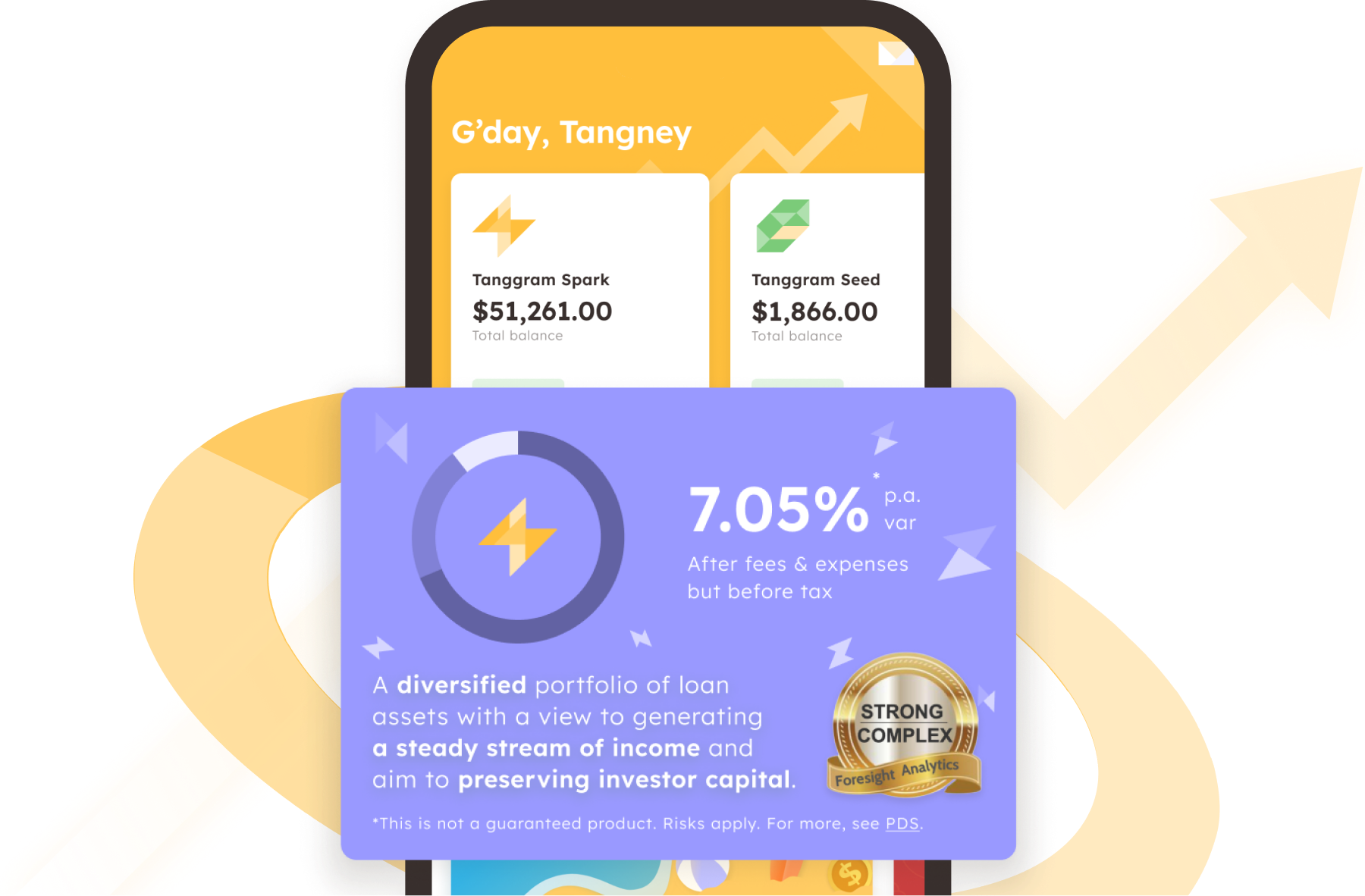
3 things You should know about money in your 20s
By Tanggram

1. Save emergency funds for rainy days

Saving for rainy days is much more important than you expected. According to BBC business news, the saving proportion of our disposable income becomes the third lowest since 1963, which you can translate as we are now losing the saving habit. The statistic indicates that a lot of millennials are not actively saving for unnecessary stress or unforeseen circumstance. However, even though you have insurances such as life insurance, trauma, etc., it doesn’t mean that if an emergency (eg. an unexpected job loss) arise, you’ll have it covered. Therefore, it may be helpful if you can save an emergency fund that is equivalent to 3–6 months’ expenses.
2. Take control of your credit cards

Controlling your own debt is an important skill you should know in your 20s. The prevalent use of credit cards and the high accessibility of loans with many peer-to-peer (P2P) platforms on the market has made over-consumption a habit. From Rob Bruhl’s research,“I spent most of my 20s and early 30s (nearly 15 years) in a lot of debt, which restricted a lot of my plans including travel, putting down some financial security…” said Maree, a 37-year-old psychologist. Thus, starting your 20s “debt-ridden” has never been a wise decision. You can start your healthy 20s’ financial habits today by following these simple steps:
1) Determine which credit card need to be paid off first.
2) Check your account regularly, don’t escape from facing your debt.
3) Pay at least the minimum debt payment on time every month.
3. Start your investment…now

If you’ve ever thought of you don’t have enough startup funds for the investment or you are too young to invest in stocks or funds, I would like to say, you misunderstand investment like I used to be. Suze Orman illustrated on CNBC that, people should invest more in their 20s than they do in their 30s, because the younger you are, the longer your money will sit there compounding, and the more compounding money comes into effect. In addition, the longer-term investment is less sensible to market fluctuation. Therefore, it is advisable that you should develop a healthy financial habit like making a regular saving plan, it is the investment which can help you to accumulate wealth overtime.
For instance, let’s assume a 20-year-old student, who invests $100/month in a fund and earns a 10% average annual return. When that man retired at age 60, his investment will be worth more than $500,000! However, if he starts investing $100/month at age 30, the investment will be worth only around $200,000.
Disclaimer: This is a hypothetical projection to demonstrate the benefits of compound interest and may not be indicative of the investment return of a particular product.
Disclaimer:
All contents presented in this blog have been prepared for informational purposes only, and are not intended to provide, and should not be relied on for any personal investment, tax, or accounting advice. You should, before making any decision regarding any information, strategies or product mentioned on this blog, consult your own financial or accounting advisors to consider whether the product is appropriate for you, based on your own objectives, financial situations and needs.






